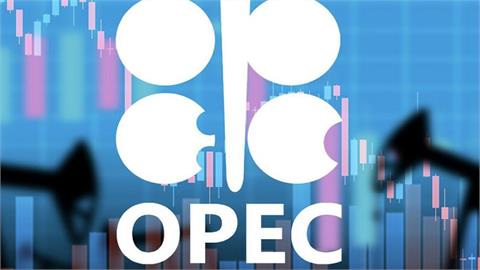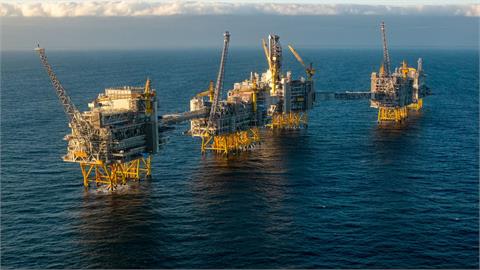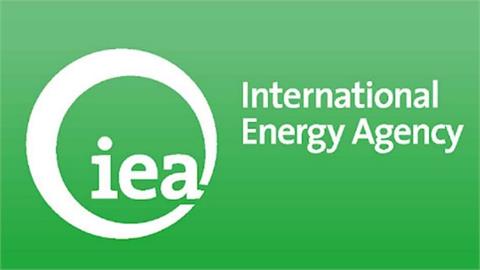Oil prices were higher on Wednesday, recovering from steep falls this week even as sentiment remained bearish over the sector’s oversupply.
Brent, the global benchmark, was up 1.6% at $40.90 a barrel. Its U.S. counterpart, West Texas Intermediate, was up 0.56% at $38.07 for cargoes loading in January.
The past two days of frenetic trading saw Brent drop under $40 a barrel for the first time since February 2009, while the price of WTI fell 6% to a seven-year low on Monday.
Despite Wednesday’s early uptick in prices, many analysts aren’t convinced that the market’s sentiment has lifted and predict further falls for Brent this week.
"While Brent is rebounding 1% today, there is little reason to believe that we have seen the bottom quite yet,” Bjarne Schieldrop, a commodities analyst at SEB Markets Merchant Banking, said in a note.
Mr. Schieldrop cites the lack of support from the Organization of the Petroleum Exporting Countries as the main reason why he believes Brent could go lower. He believes that the low of 2008, when Brent closed on $36.61 on Christmas Eve, could be tested again.
On Wednesday, the U.S. Department of Energy will release its weekly inventory and production data.
That could provide some support to prices, if it emulates data, released Tuesday, from the American Petroleum Institute that showed a 1.9 million barrel draw on U.S. oil stocks after months of buildup.
Commerzbank believes the market is on the hunt for any positive news that will support prices. That news is expected to come from U.S. production and any indication from official sources confirming substantial falls in production could be the tonic the oil industry has been looking for, the bank said.
On the demand side, China offered some positive news for the market with data that showed it has become a net exporter of refined products. That implies that it is importing more oil which it then exports as refined goods. Data on Wednesday showed that Chinese net exports of refined products have averaged 111,000 barrels a day in 2015, compared with net imports of 13,000 barrels a day in 2014.
China’s demand for crude has been a major factor behind the growth in global oil consumption.
(Wall Street Journal)



